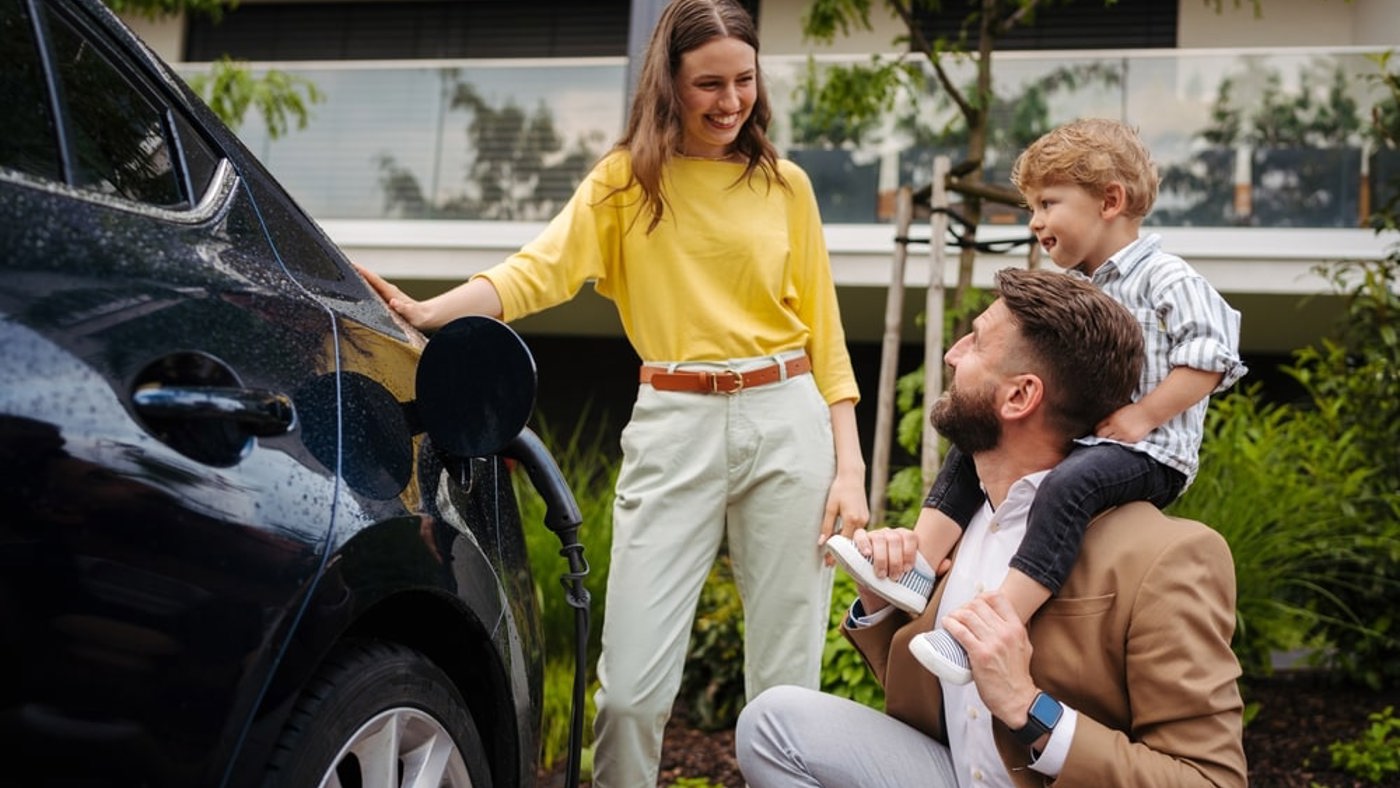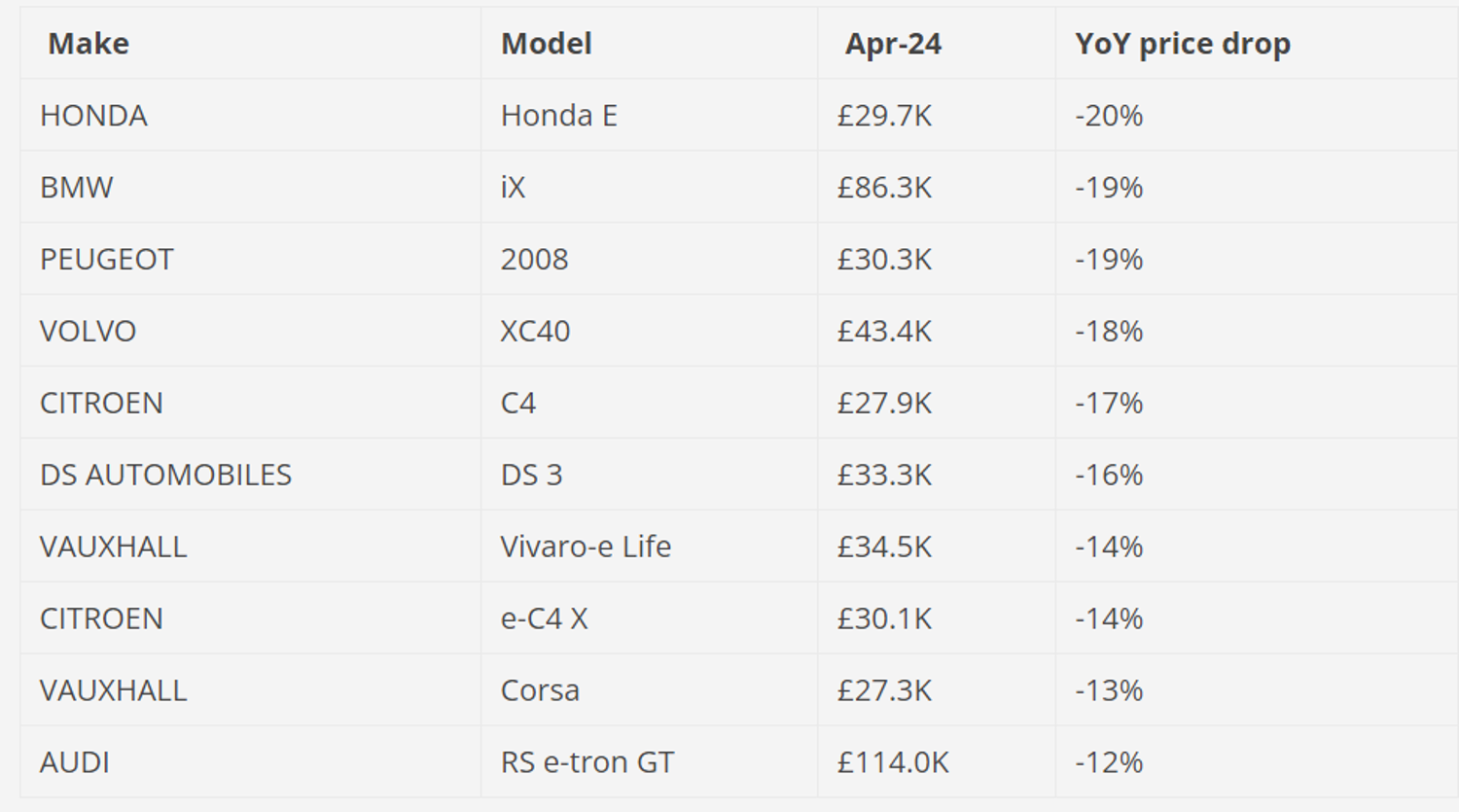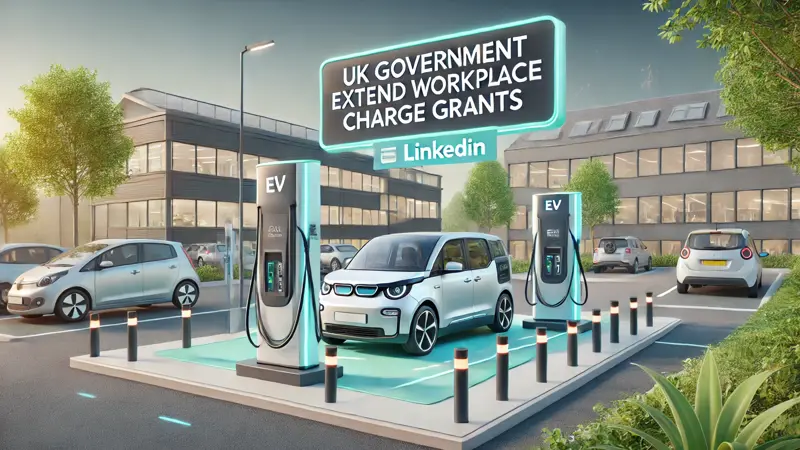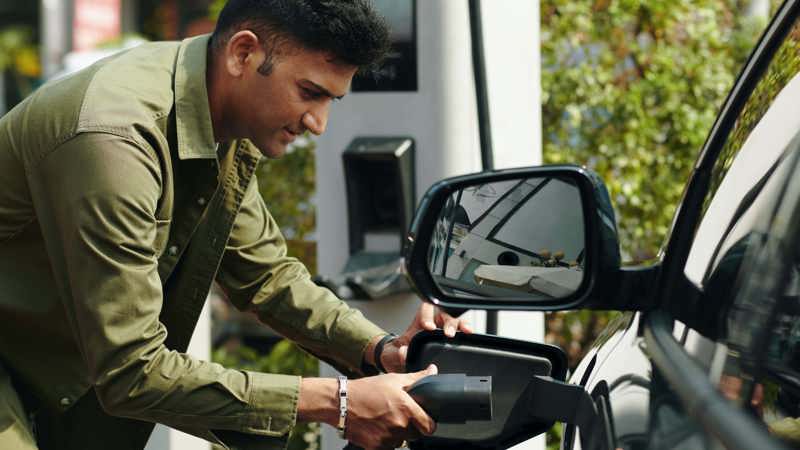
EV News: ZEV Mandates Lowering Prices, and 'More Chargers Needed'
Welcome back to our weekly EV news round-up, where we scour the web to find the biggest stories in EV from the week so that you don’t have to.
In this week’s round-up, we’ll be covering:
ZEV mandate driving down price of new EVs
According to the latest AutoTrader report tracking the UK’s progress in the adoption of EVs, the ZEV mandate introduced at the start of the year is already having a positive impact in reducing EV prices.
The research shows that three-quarters of new electric vehicles are currently being advertised with a discount, with average prices falling for seven in ten new models as automakers bid to boost sales in line with the targets.
Below is a list of some of the biggest price drops:

*source: transport & energy
These reductions come in a market in which new sales shares have gone up, but are widely understood to be driven by the fleet and business sectors. Private buyers make up for around 1 in 10 EV purchases in the UK, with ad views tripling the rate of genuine EV interest on AutoTrader.
It isn’t all bad news for the private buyer market, however. While these figures suggest a gap in demand for new vehicles, the secondhand market is reporting consistent growth as consumers often cite the pricing of new cars as one of the key barriers to adoption.
With used car sales accounting for two-thirds of the UK’s auto trading figures, it makes sense that most uptake in the private market comes from used car sales - especially as the UK awaits the arrival of a slew of lower-price alternatives.
‘More chargers needed’: report says UK install rate must double
A study from market analysis company Cornwall Insights has concluded that the UK needs to double the speed of EV charger installation to meet the expected rate of EV adoption by 2030.
Data from Cornwall Insight’s Electric Vehicle Country Attractiveness (ECVA) Index shows that as of the end of March 2024, the UK had just over 60,000 installed charge points; compared to the Government-set target of 300,000 public installations by 2030.
Between April 2023 and March 2024, the UK installed an average of 1,300 new EV charge points each month. In order to meet the Government’s 2030 target, the UK must install an average of 2,800 chargers each month; more than double the current rate.
The report has however been met with skepticism from a large section of the online EV community. Former Volkswagen Fleet Manager and EV expert David Watts wrote on a popular LinkedIn thread: “Within the industry, it is widely recognised that the 300,000 was an arbitrary number that seems to have no science behind it.”
“The focus on 300,000 ignores the millions of home chargers that we will have by 2030 - if you can charge at home then most people will rarely use the public infrastructure.”
Watts added: “It also ignores the impact that will come from electrifying a proportion of the four million workplace charge points. If you can't charge at home but commute a couple of times a week to work and can reliably charge there then, again, most people will rarely use the public network.”
To add to this, ZapMap figures state that 54% of the current infrastructure has been installed since the beginning of 2022. In that sense, we’ve already seen installations ramp up significantly to meet an increase in demand. When taking into account Watts’ point about home charging likely serving a huge proportion of charging needs, and the opportunity to make use of workplace chargers or convert private organisation chargers for public use, then the picture painted is instead one that the UK is much more prepared for increased mass adoption than the report headline perhaps suggests.
Beckham-backed EV firm restarts operations
David Beckham-backed EV firm Lunaz has reopened its operations this week, following a cease in production.
The firm, founded in 2019 by David Lorenz, converts classic cars and trucks to run on electricity.
Its previous halt in production came at the start of the year, blaming the Government’s decision at the end of 2023 to delay the implementation of an ICE sales ban for 2030 to 2035 as the main reason for shutting shop.
At the time, Lunaz said it was "currently restructuring to adjust its business and operations in response to shifting market dynamics".
The conversion of commercial vehicles will continue under the up-cycled Electric Vehicles brand, with trials of the first products taking place this summer.
The first trials will include the world’s first fully up-cycled and electrified 26-tonne commercial trucks, operating as refuse collection vehicles.
Mr Lorenz said: "We are delighted to have worked with our clients and stakeholders to create a new structure that lays the foundations for the long-term sustainable growth of the business.”
"This ensures we are ready to meet immediate demand for vehicle electrification services and are fit to scale in direct response to volume requirements as major markets build towards legislative bans on internal combustion engine commercial vehicles.”
That’s all for our slightly shorter round-up this week.
While you’re here, why not take a look around our new look website? Our resource section is filled with helpful articles and blog posts to help you understand the EV charging industry and the latest software features that could help you level up your EV charging. If you’re interested in seeing what software can do for you, feel free to navigate to our solutions menu, or head straight to our contact forms to book a low-commitment product demonstration with a member of our team.


